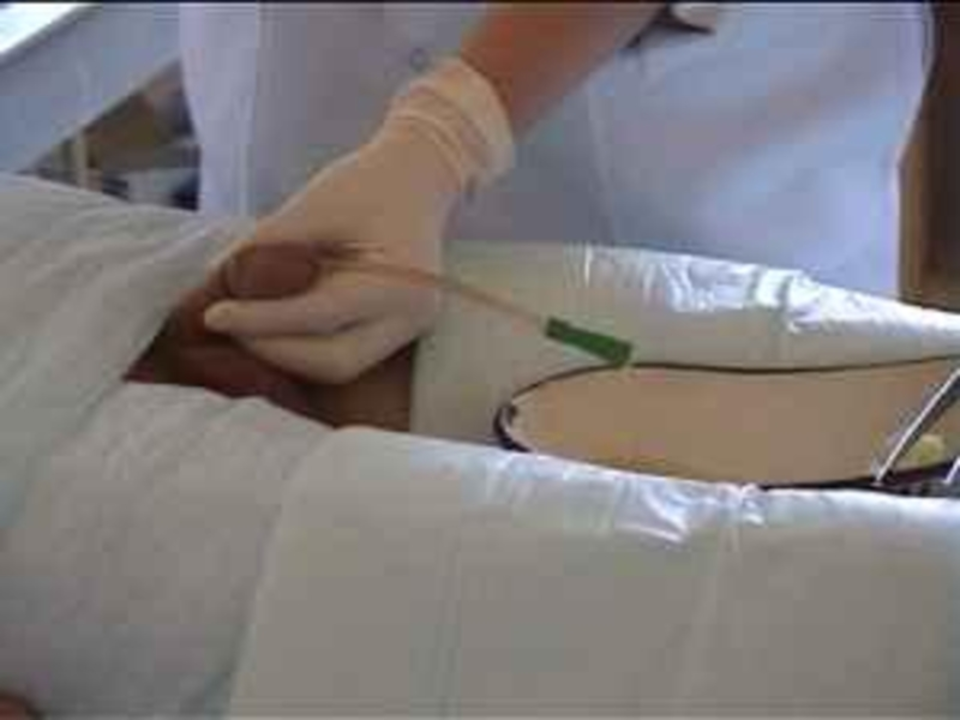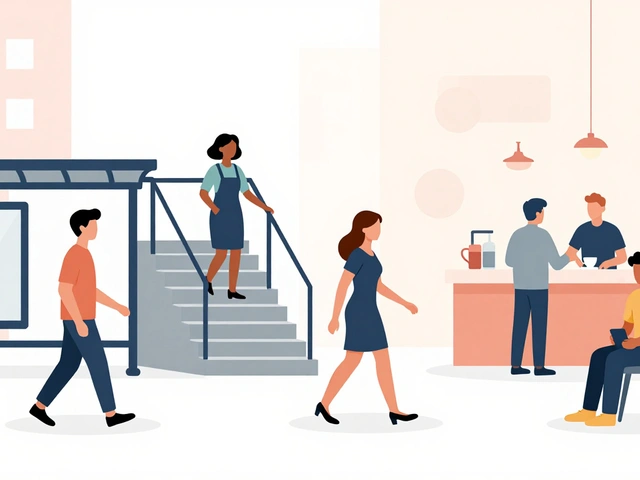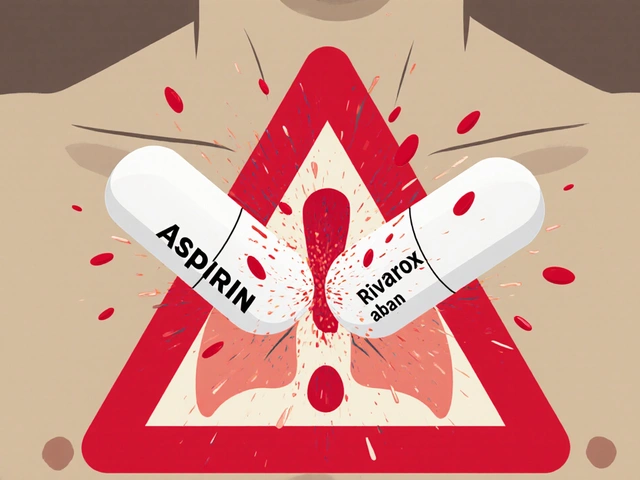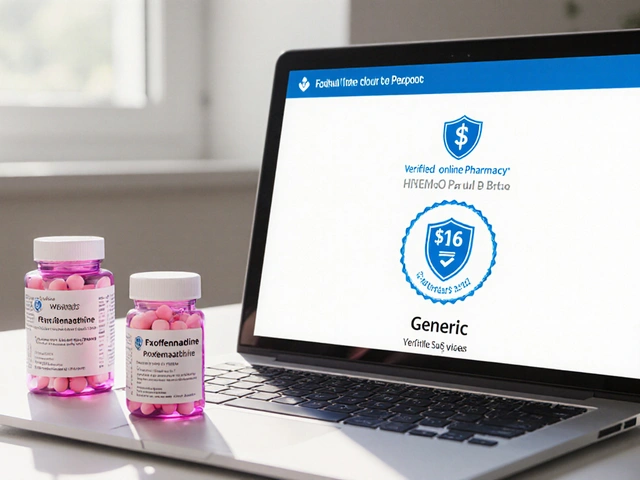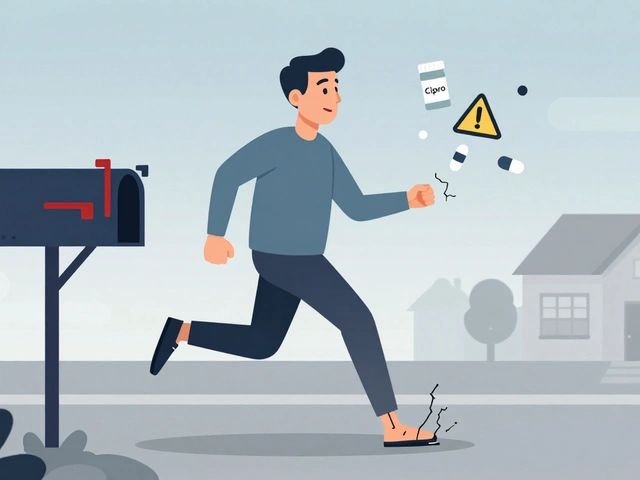Increased urination: causes, tests, and what you can do
Noticing you pee more than usual? Increased urination (often called polyuria) can be from something simple—like more coffee—or a sign of a medical problem. Pay attention to how much you drink, whether you're extra thirsty, and if urine looks unusually clear. Those clues help decide if you need a quick fix or a doctor visit.
Common causes
High blood sugar from diabetes is one of the top causes. When blood glucose is high, your kidneys dump glucose into urine and take water with it. If you’re suddenly thirsty, tired, and peeing a lot, check your blood sugar.
Diuretics (water pills) and some blood pressure medicines make you pass more urine. Meds for mood or pain—like lithium or some antipsychotics—can also affect urine output. Always review your medicines if your bathroom trips increase.
Drinking more fluid matters. Alcohol and caffeine increase urine production. People who switch jobs, travel across time zones, or abruptly change routines may simply be drinking more or at different times of day.
Diabetes insipidus is rarer but important: it causes large volumes of very dilute urine and intense thirst due to either a hormone issue or kidney resistance to that hormone. Other causes include high calcium levels, certain kidney problems, and—less often—pregnancy.
What doctors check and simple steps you can take
The first tests are easy: a urine dipstick and blood glucose. A dipstick can show sugar, infection, or signs of kidney stress. A fingerstick or lab glucose test quickly rules in or out diabetes. If initial tests are unclear, your doctor may order serum electrolytes, urine osmolality, or HbA1c to see longer-term blood sugar control.
If diabetes insipidus is suspected, doctors may check blood sodium and run a water-deprivation test or measure urine osmolality before and after a synthetic ADH dose. If meds might be the cause, your clinician will review and may adjust doses or offer alternatives.
At home, try tracking fluid intake and output for a few days. Note the amount, how often, what you drank, and any other symptoms like thirst, weight loss, or fever. Cutting back on late-night alcohol and caffeine can reduce nighttime peeing. Avoid forcing fluid restriction unless advised by a clinician.
If you have sudden, heavy increases in urination, extreme thirst, blurry vision, or weakness, seek care quickly—those can be signs of high blood sugar or electrolyte problems. If symptoms start slowly and tests are normal, your provider may suggest simple changes first and follow up.
Practical tip: keep a small log (phone note works) and take it to your appointment. That one page of facts often speeds up diagnosis and leads to quicker relief.

